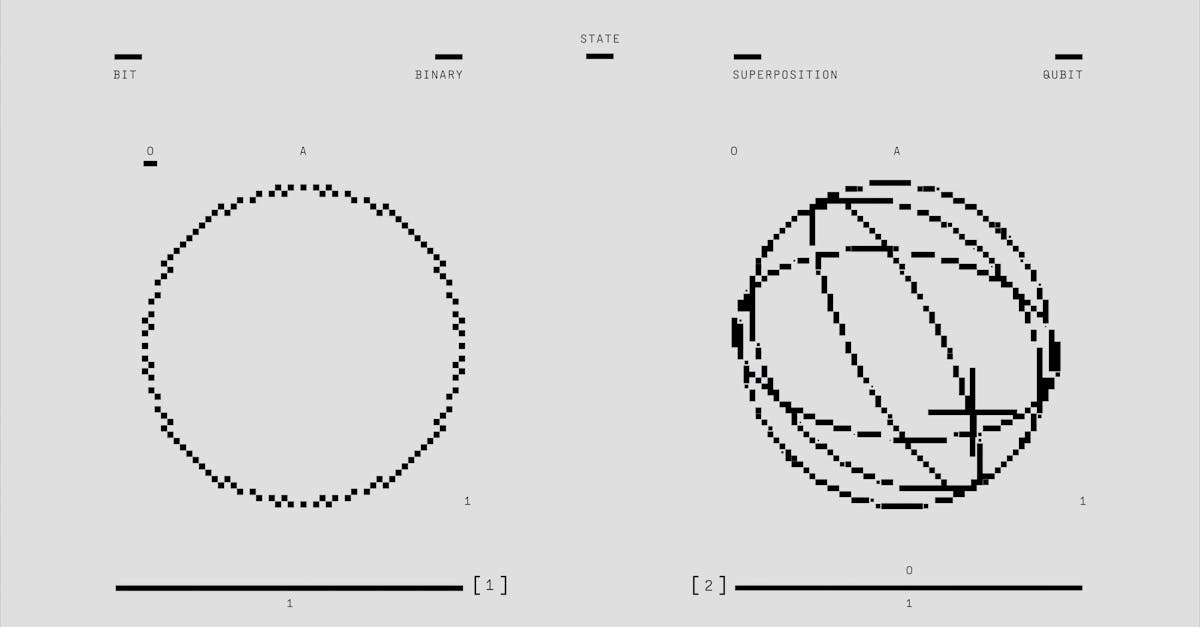
Written by: Alex Chen · Expert in Technology, Personal Finance, Travel
Published: June 19, 2024
We strive to provide well-researched, factual content. If you notice any errors, please contact us.

Quantum computing is a cutting-edge field that has the potential to revolutionize the way we solve complex problems. While traditional computers use bits as the basis of their operations, quantum computers use quantum bits, or qubits, which can exist in multiple states at the same time. This allows them to perform calculations much faster than classical computers.
In a classical computer, bits are used to represent information as either a 0 or 1. However, in a quantum computer, qubits can exist in a state called superposition, where they are both 0 and 1 simultaneously. This superposition allows quantum computers to process a vast amount of information in parallel, making them exponentially faster than classical computers for certain tasks.
Another key concept in quantum computing is entanglement, where qubits become interconnected in such a way that the state of one qubit is dependent on the state of another, no matter how far apart they are. This phenomenon allows quantum computers to perform calculations that would be impossible for classical computers.
The potential applications of quantum computing are vast and wide-ranging. One of the most well-known applications is in the field of cryptography, where quantum computers could potentially break traditional encryption methods that are currently considered secure.
Quantum computing also holds promise in the fields of drug discovery, material science, and optimization problems. For example, quantum computers could simulate complex molecular structures to aid in the development of new drugs, or optimize logistical systems to improve efficiency and reduce costs.
While the potential of quantum computing is vast, there are also significant challenges that must be overcome before it becomes a mainstream technology. One of the main challenges is the development of reliable qubits that can maintain their quantum state for long periods of time. Quantum systems are extremely sensitive to external interference, which can cause qubits to lose their quantum properties, a phenomenon known as decoherence.
Another challenge is the development of error correction techniques to ensure the accuracy of quantum computations. Errors can easily propagate in a quantum system, making it crucial to develop robust error correction methods to maintain the integrity of the calculations.
In conclusion, quantum computing is a fascinating field with the potential to revolutionize various industries. By harnessing the power of quantum mechanics, quantum computers can solve complex problems at a speed that is not achievable with classical computers. While there are still challenges to overcome, ongoing research and development in quantum computing are paving the way for a future where quantum computers play a significant role in solving some of the most challenging problems facing humanity.

Written by: Alex Chen · Expert in Technology, Personal Finance, Travel
Published: June 19, 2024
We strive to provide well-researched, factual content. If you notice any errors, please contact us.